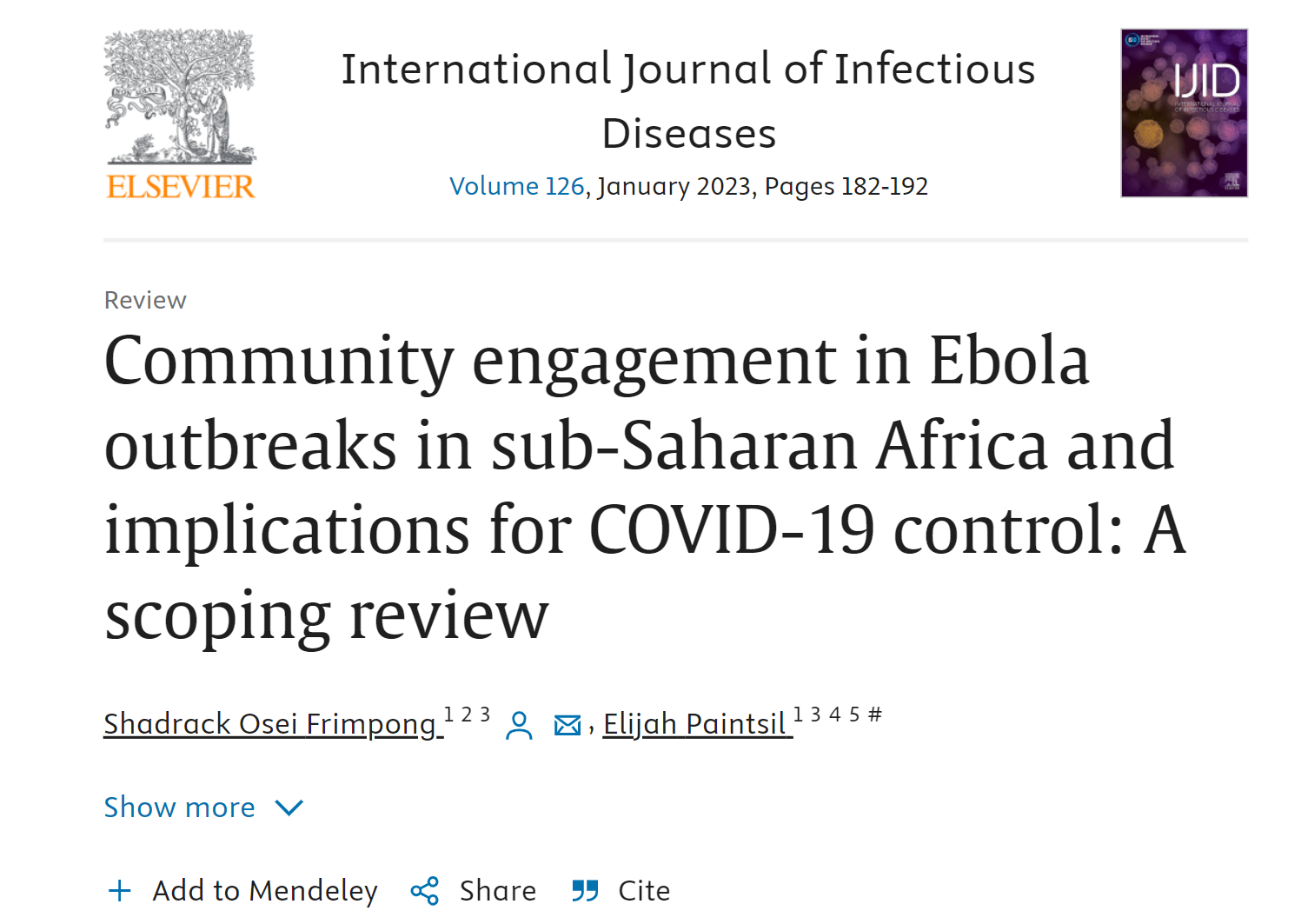Research
Lives are harmed when communities are not engaged effectively in social impact initiatives. That’s not an opinion – the science and research below confirm this.
Key Take-Away:
“We identified an unsustainable growth model in place at the local hospital, which directs resources to support and promote the flow of foreign volunteers despite ethical concerns around perpetuating poverty, skills mismatch, and limited beneficial impacts on the target population…”
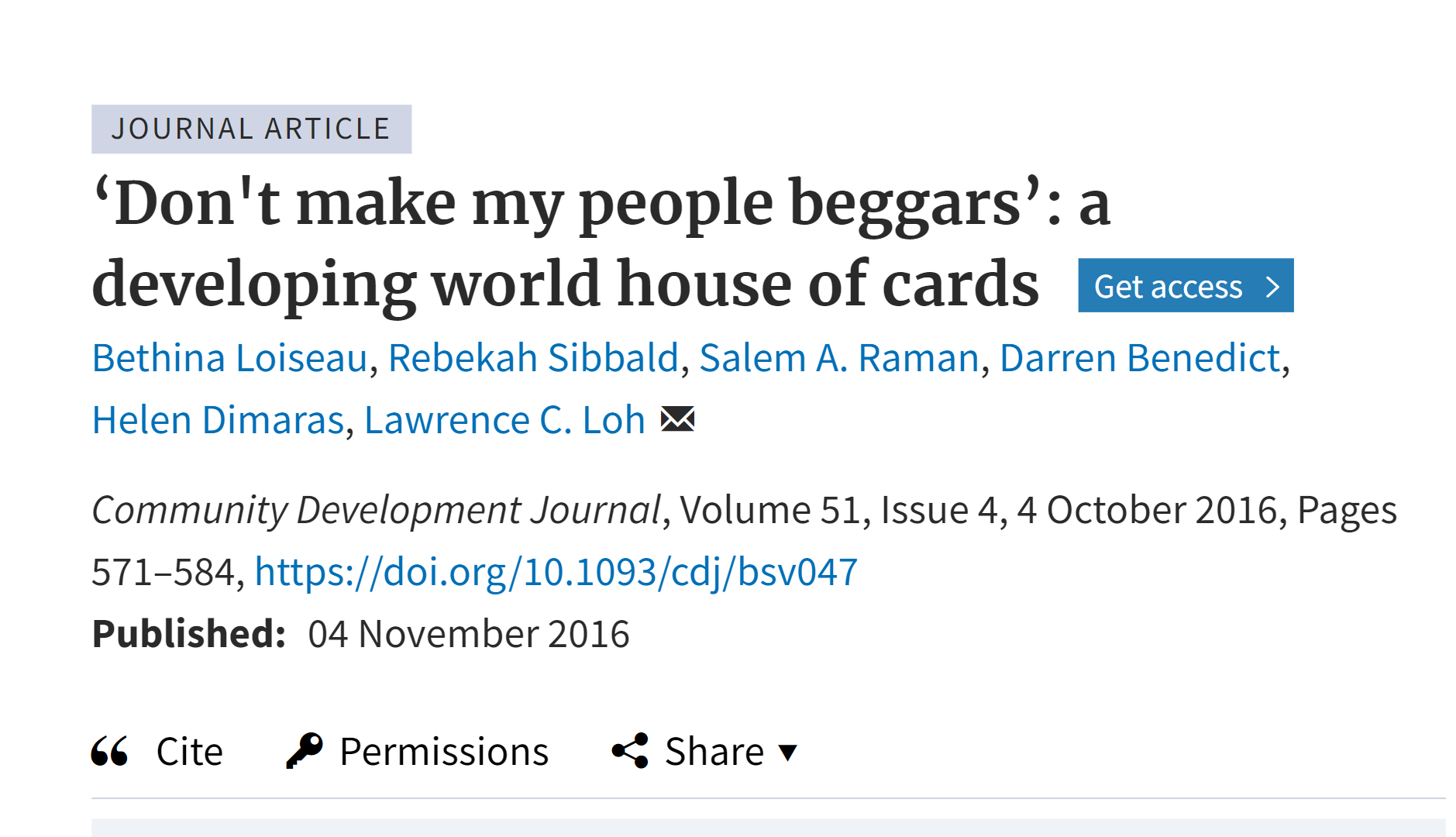
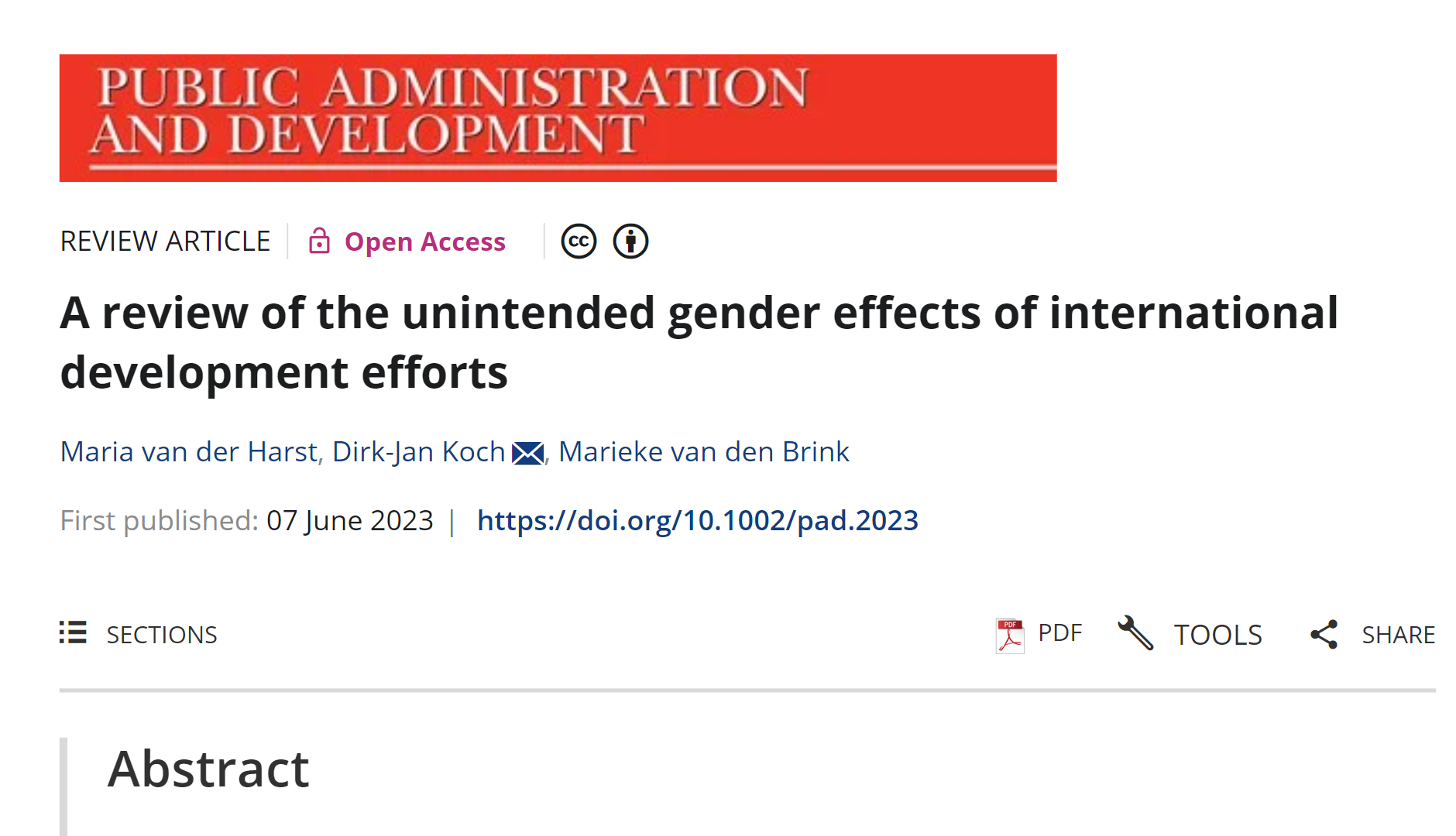
Key Take-Away:
“Five prevalent unintended gender effects were identified: (1) household dynamics, (2) anti-foreign backfire, (3) overburdening of women, (4) human trafficking and sexual exploitation and (5) hype. While not all of the unintended gender effects are negative, most of the reported unintended effects jeopardize the intended outcomes of the interventions…”
Key Take-Away:
“Researchers and practitioners writing about youth civic engagement agree that civic engagement has short- and long-term benefits for youth and for society. These benefits have been discussed in terms of youth psychological well-being, academic achievement, and contributions to the social and political fabric of the country, including the promotion of civil society.”
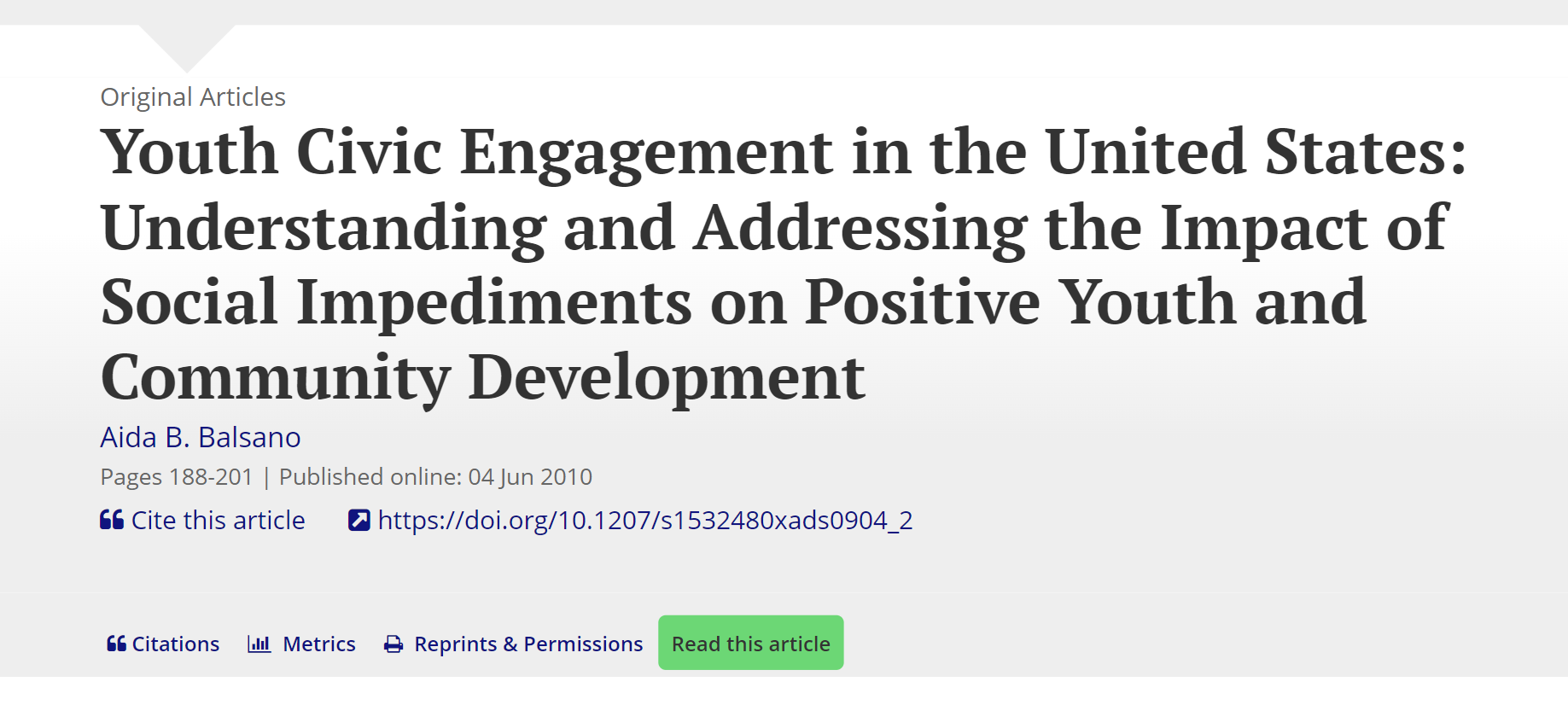
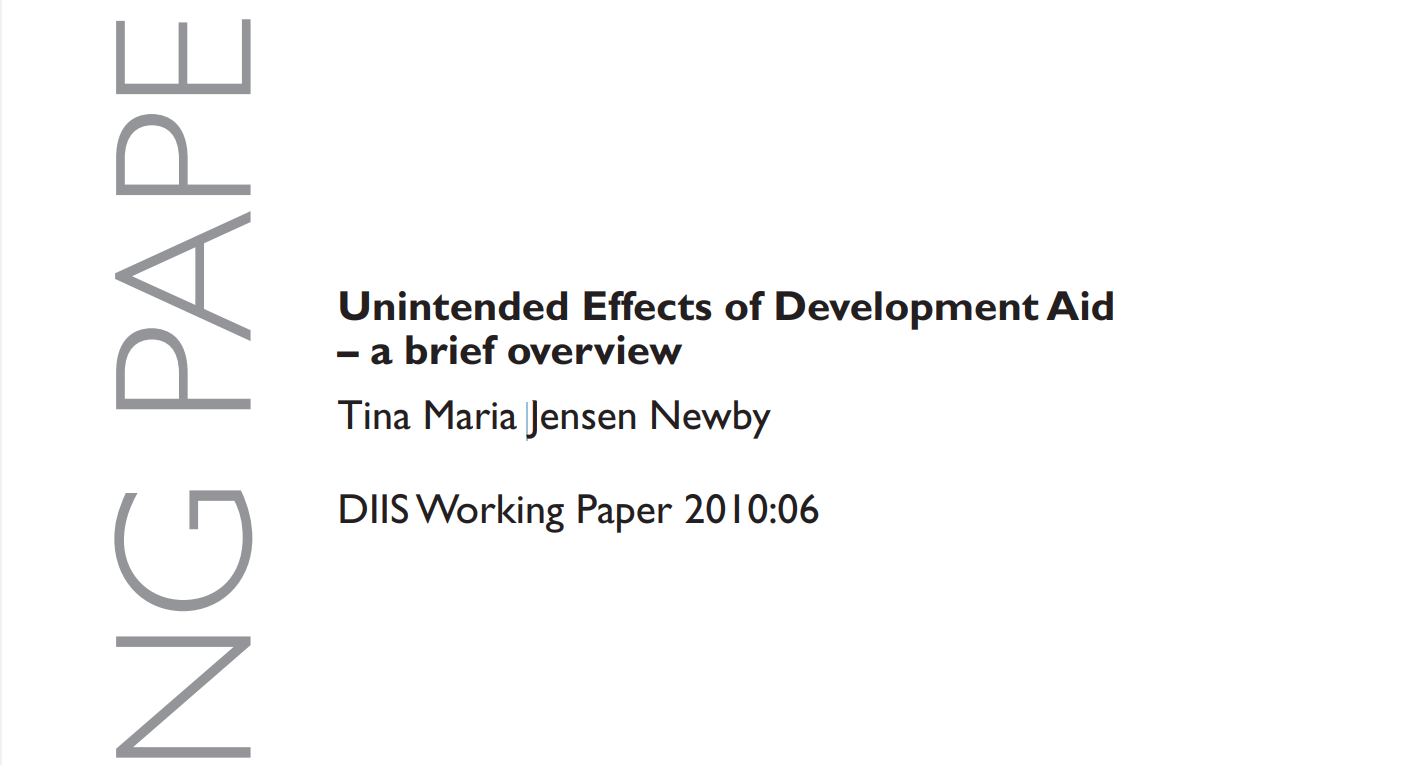
Key Take-Away:
“Recognition of country-specific circumstances, direct budget support, debt relief, building absorption capacity through institutional support, harmonizing donor interventions and limiting the number of donors present in each country or sector, may be the way forward, even if there are no easy solutions.”
Key Take-Away:
“The aim of this paper was to present contemporary criticism of medical volunteering. …No individual and no project should be beyond scrutiny against moral and ethical requirements to demonstrate in practice and outcome that their presence helps improve local health.”
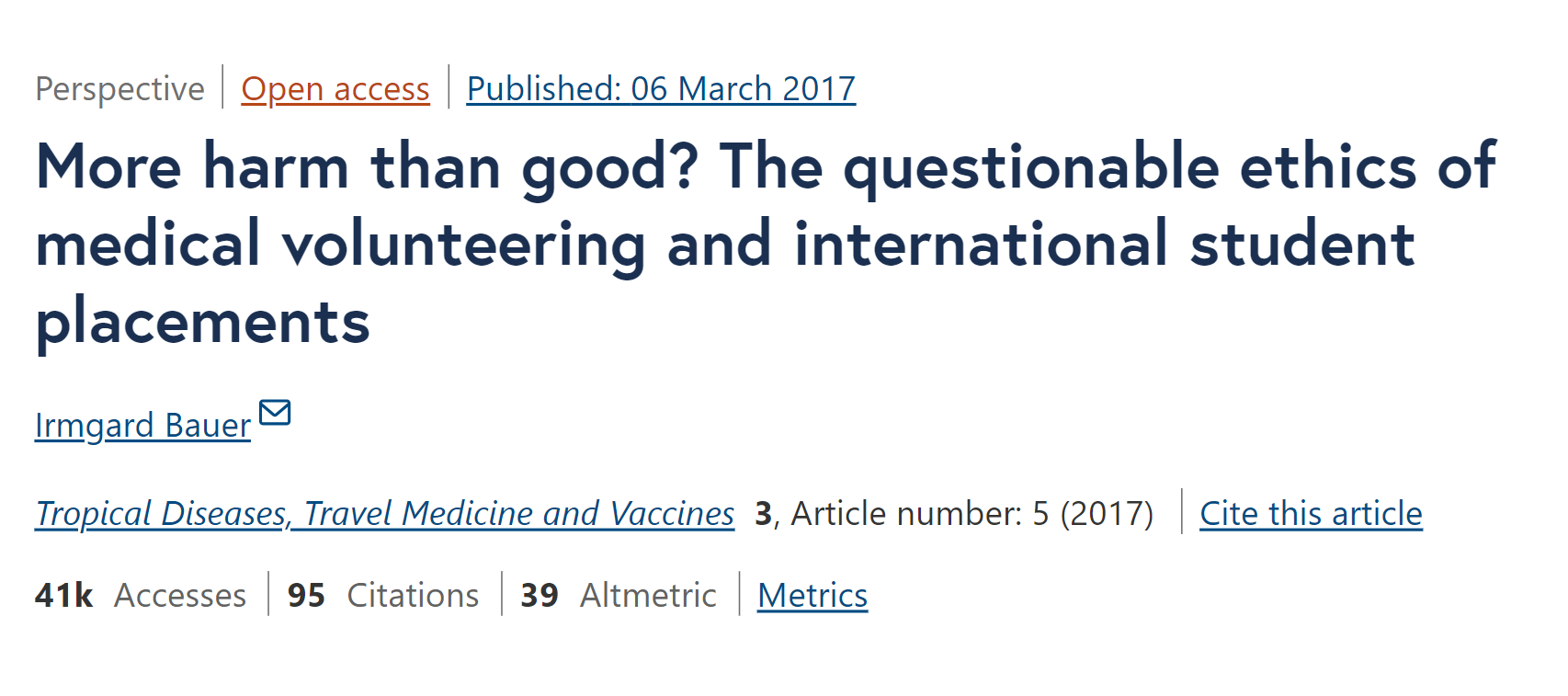
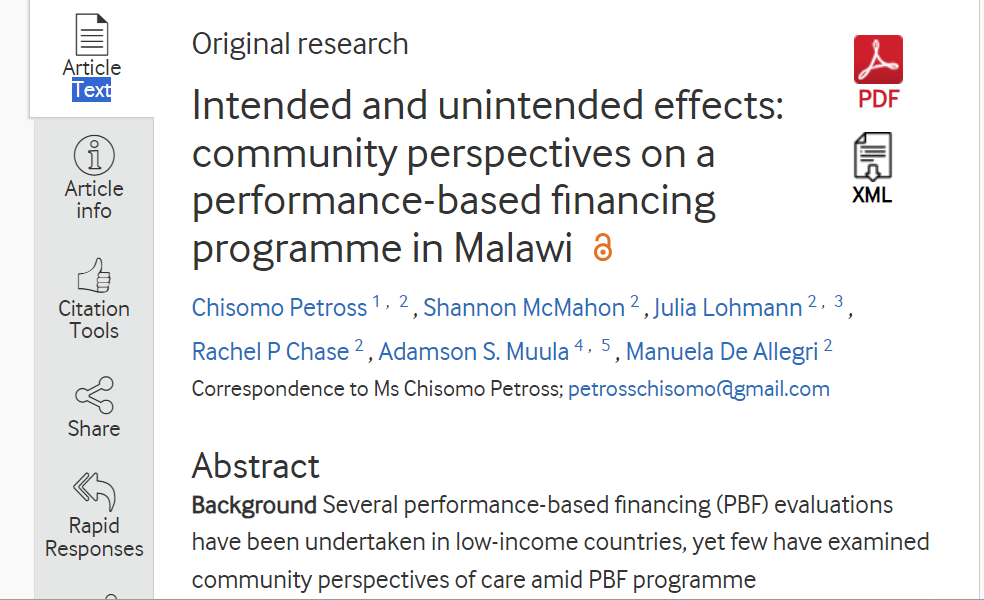
Key Take-Away:
…respondents described how four targeted service indicators related to maternal risk factor management, antenatal care (ANC) in the first trimester, skilled birth attendance and couple’s HIV testing sparked unintended negative effects as experienced by women and communities. The unintended effects included women returning home for delivery, women feeling uncertain about their pregnancy status, women feeling betrayed or frustrated by the quality of care provided and partnerless women being denied ANC.
Key Take-Away:
Interventions to address disease outbreaks cannot be a “one-size-fits-all”. Several community-based interventions were instrumental in controlling EVD outbreaks, and their implementation successes or failures were hinged on myriads of factors that hampered community engagement efforts.
